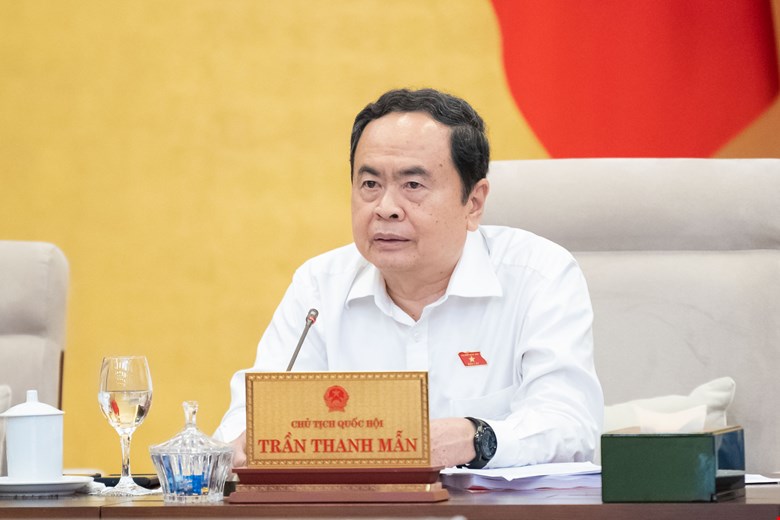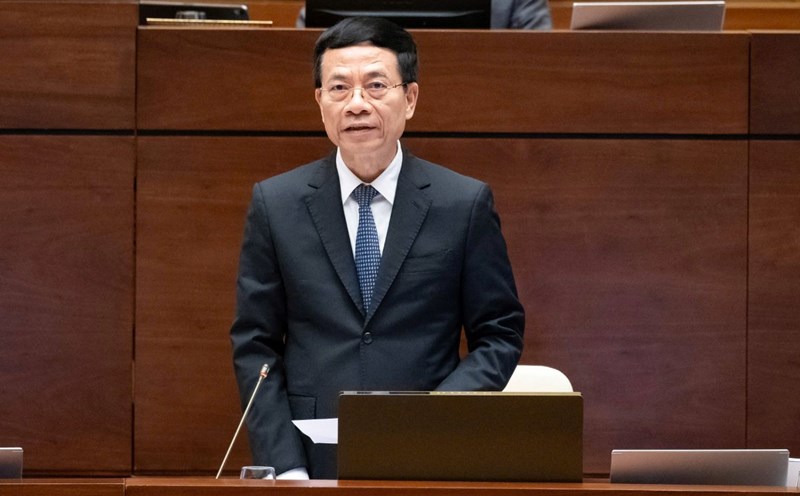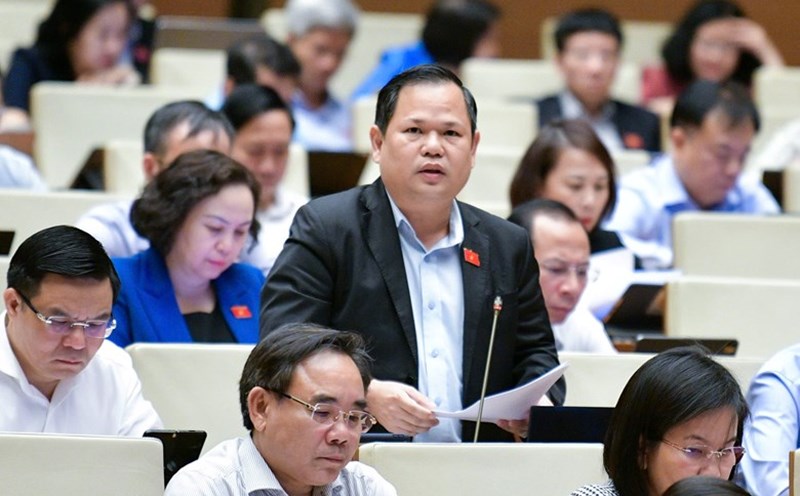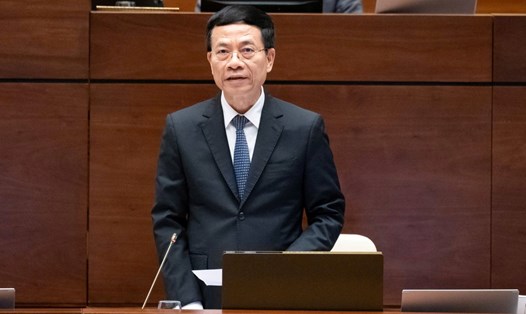Continuing the 39th session, on the afternoon of November 14, the National Assembly Standing Committee gave opinions on explaining, accepting and revising the draft Law on Electricity (amended). National Assembly Chairman Tran Thanh Man chaired the meeting.
At the meeting, Chairman of the National Assembly's Committee on Science, Technology and Environment Le Quang Huy reported on the issue of asking for opinions from the National Assembly Standing Committee.

One of the notable contents of the draft revised Electricity Law is the establishment of a flexible electricity pricing mechanism and the encouragement of efficient and economical use. This content also received much attention and opinions from National Assembly deputies during the discussion sessions at the 8th Session of the 15th National Assembly.
Regarding the transparent and flexible electricity price mechanism, delegate Thach Phuoc Binh (Tra Vinh delegation) said that the draft law needs to supplement and clarify regulations on electricity price mechanisms, especially electricity prices for different types of energy and for each region.
According to delegate Thach Phuoc Binh, it is necessary to develop a flexible electricity pricing mechanism based on factors such as peak and off-peak hours, geographical conditions and energy supply sources.
This will encourage efficient and economical use of electricity during off-peak hours; ensure consumers' rights to access information on electricity prices and the electricity price adjustment process.
Decisions to adjust electricity prices should be transparent and subject to supervision by state management agencies.
Regarding the electricity price policy and the price of electricity services, delegate Tran Thi Thu Hang (Dak Nong Delegation) stated her viewpoint and principles of pricing, the consistent issue is that the electricity price must ensure compensation for all actual production and business costs, reasonable, valid and profitable for the electricity unit.
If this principle is properly implemented, it will have a positive "leverage" effect on the economy, encouraging and attracting economic sectors to participate in investing in developing power sources and grids, as well as creating pressure to use electricity economically.
Delegates believe that these policies will help gradually reduce and eventually eliminate cross-subsidy in electricity prices between customer groups and regions.
Previously, referring to electricity prices at the National Assembly's discussion session on the afternoon of November 7, Minister of Industry and Trade Nguyen Hong Dien said that up to now, the Government has had an electricity price framework according to the provisions of the Electricity Law and the Price Law. Based on that framework, the parties can negotiate with each other for implementation.
According to the Minister, the addition of new types of energy such as nearshore wind power and offshore wind power or other types of energy also need to be mentioned in the draft Electricity Law (amended), ensuring that it is suitable for actual needs.
However, there needs to be strict regulations in attracting investment, ensuring energy safety and national security.











